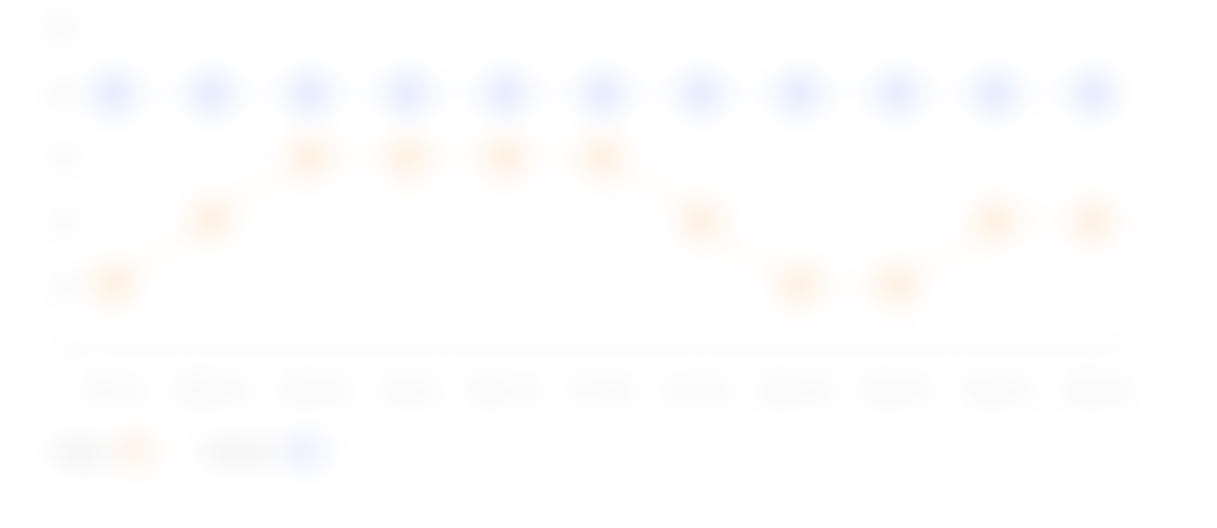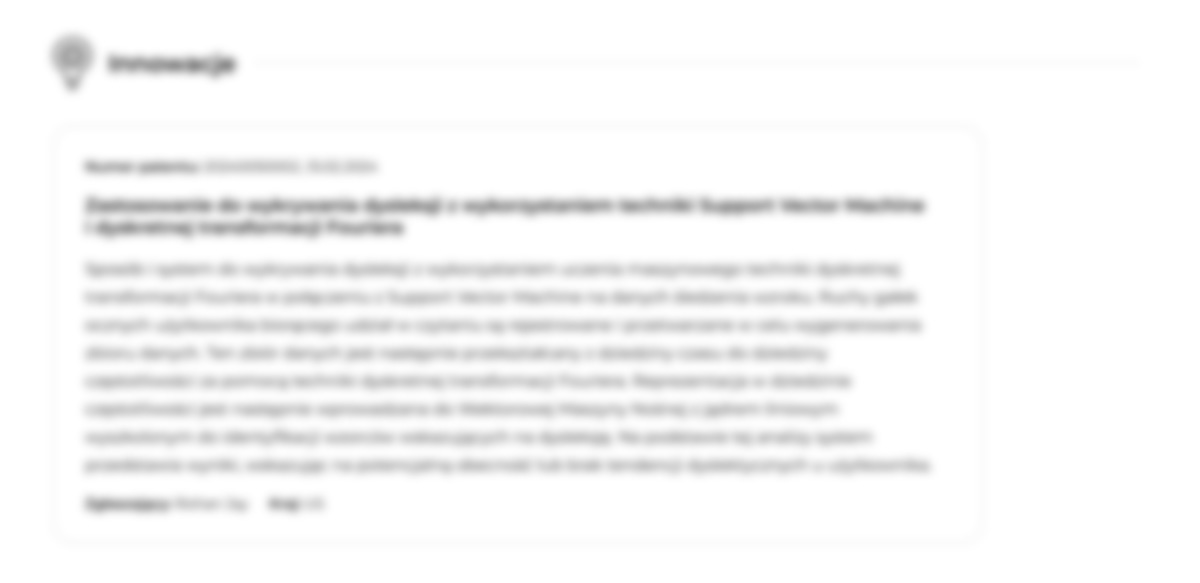Reverse Aging

Megatrend
Long-term, major change of a global nature; changing the balance of power, the existing way of operating.
Long-term, major change of a global nature; changing the balance of power, the existing way of operating.
- WORLD OF HEALTH CRISES
- WORLD OF SOCIAL TRANSFORMATIONS
Time perspective
Trends are placed in four time perspectives:
NOW – perspective now;
NEW – short-term perspective (1-5 years);
NEXT – medium-term perspective (5-15 years);
BEYOND – perspective for the long term (15+ years).
Trends are placed in four time perspectives:
NOW – perspective now;
NEW – short-term perspective (1-5 years);
NEXT – medium-term perspective (5-15 years);
BEYOND – perspective for the long term (15+ years).
- Now
- New
- Next
- Beyond
Trend Momentum Index TM
infuture.institute’s proprietary indicator for assessing the relevance of trends. The TMI is calculated dynamically based on a wide range of data, including, among others, regulations introduced, research, patents filed, impact on sustainability goals, investments or the value of individual markets.
infuture.institute’s proprietary indicator for assessing the relevance of trends. The TMI is calculated dynamically based on a wide range of data, including, among others, regulations introduced, research, patents filed, impact on sustainability goals, investments or the value of individual markets.


Definition of a trend
A trend that refers to scientific, medical and technological activities aimed at delaying, halting or even reversing the ageing processes of the human body. Initiatives within this trend include research into any solutions that affect biological processes associated with ageing. The trend includes both the pursuit of a healthy and active life in old age and the elimination or significant reduction of age-related diseases and physical limitations. Due to the increasing number of older people (cf. the Ageing Society trend) and advances in research into the biology of ageing, the trend is becoming an area of intense interest, although at present its ethical aspects in particular (e.g. the recognition of old age as a disease entity) are highly controversial.
Trend Momentum Index TM
Reasons for the trend
- the growing number of older people in the population, which affects the need to reduce the burden on health and social care systems,
- a growing awareness of the importance of maintaining good health and fitness in old age, which is influencing the search for ways to delay the effects of ageing and prevent age-related diseases,
- higher expectations of quality of life, independence and well-being at every stage of life, including old age,
- the need to mitigate economic challenges such as rising healthcare costs and a shrinking workforce,
- technological developments, including advances in molecular biology, genetics and biotechnology, which enable a deeper understanding of ageing processes at the cellular and molecular level and open the way for the development of therapies that target these processes,
- a society focused on youth, not accepting old age as a natural stage of human life.
Insights
Check out monthly updated examples of the occurrence of trend Reverse Aging in patents, scientific articles and media. Materials are selected using our machine learning algorithms and approved by the infuture.institute team
AI GENERATED
HUMAN CURATED
Consequences of the trend
- improving the quality of life in society and increasing life expectancy,
- changes in the labour market (prolonging the working lives of older people can affect labour market dynamics, including employment opportunities for younger generations),
- a positive impact on the economy, by making older people more active and productive,
- The need to redefine pension and healthcare funding models,
- changing patterns of consumption and demand for different types of products and services,
- changing decisions on education, careers, family planning as a result of longer life expectancy.
Supporting technologies
biotechnology, regenerative medicine, genetic engineering, tissue engineering, artificial intelligence
Industries most sensitive to the trend
financial industry, insurance, pharmaceutical industry, medicine, cosmetics industry, wellness, healthcare

